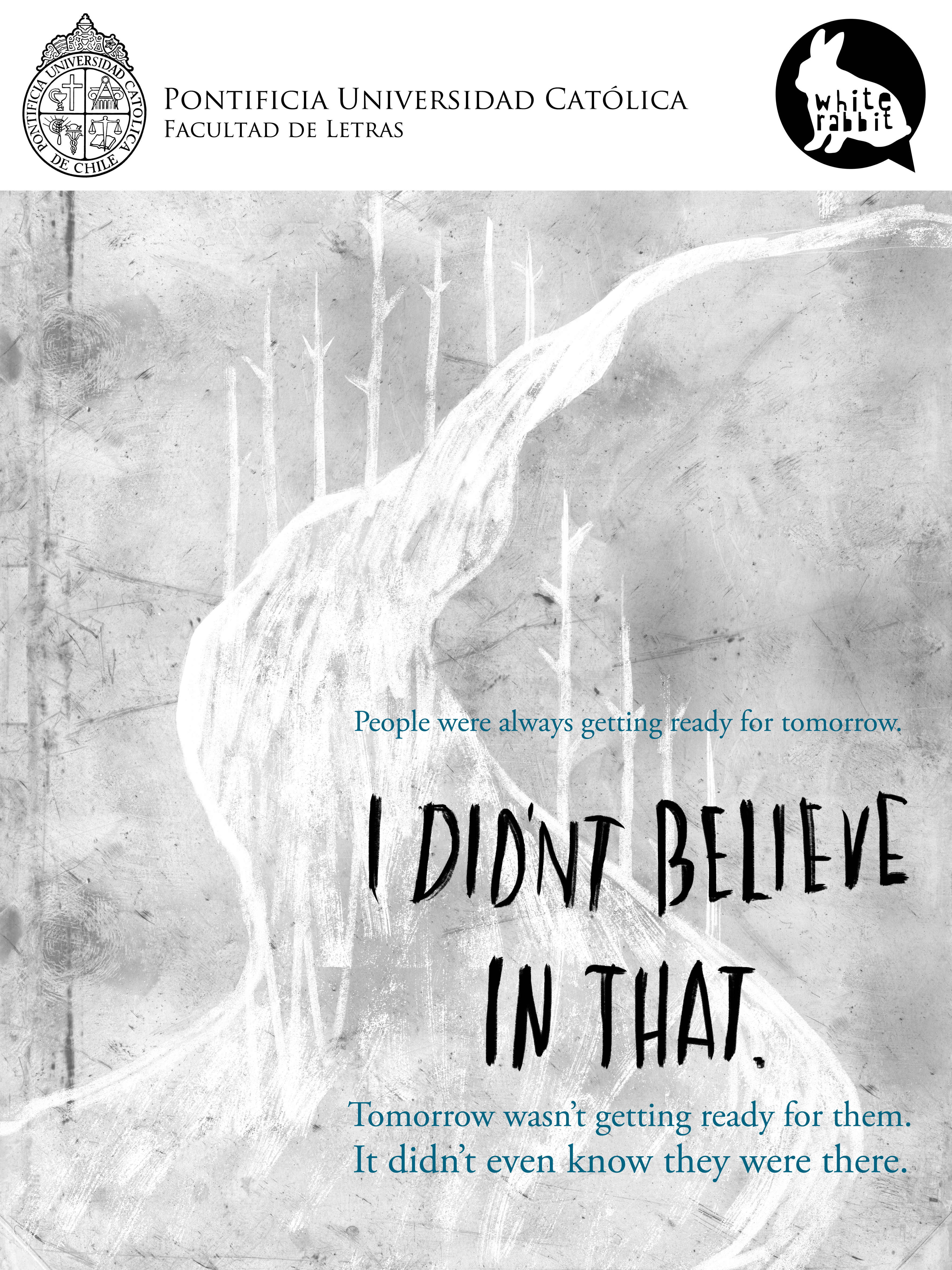Laughing Not to Cry: Resisting Postmodern Melancholia through Humor in Thomas Pynchon’s The Crying of Lot 49
DOI:
https://doi.org/10.7764/ESLA.62119Abstract
The present article explores the function that humor plays in relation to the portrayal of postmodern culture in Thomas Pynchon’s 1966 novel The Crying of Lot 49. It seeks to expose the understated but persistent melancholy that characterizes Pynchon’s representation of postmodern American culture, and how it relates to the extensive use of humor in the novel. Following the conventions of the detective novel, The Crying of Lot 49 revolves around Oedipa Maas and her quest for a mysterious underground organization called Tristero, a pursuit set in a world that, as the novel unfolds, is shown to be overwhelmingly fragmentary, oversaturated and nonsensical. The possibly destabilizing and threatening effects that this reality has on individuals find their expression in what this analysis characterizes as postmodern melancholia. In the novel, humor is used to simultaneously mask, counterbalance and resist this threat. The diverse forms in which humor is instantiated are analyzed to show how they contribute to the configuration of an implied reader, one that would be able to articulate a form of resistance to postmodern melancholia through a cynical approach to the problems posed by Pynchon’s novel.
Downloads
Published
Issue
Section
License

This work is licensed under a Creative Commons Attribution-NonCommercial-NoDerivatives 4.0 International License.


